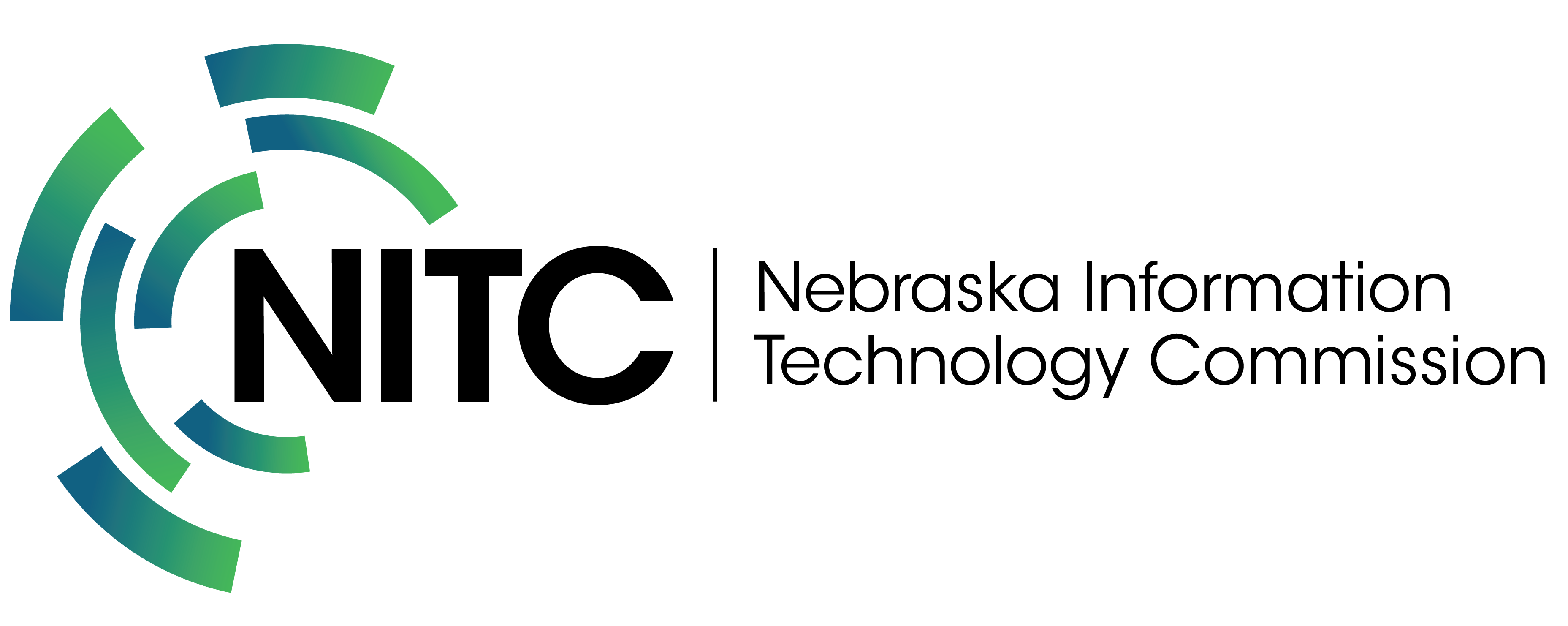NSF grant brings makerspace, collaborative opportunities to Sidney
By Anne Byers, Nebraska Information Technology Commission
A new makerspace grant is encouraging learning, inspiring creativity, and building community. The University of Nebraska-Lincoln received a two-year, $300,000 National Science Foundation-funded Early-concept Grant for Exploratory Research to establish an Innovation Makerspace Co-Laboratory in Sidney.
Technology, including a telepresence robot and 3D virtual reality, will connect the makerspace in Sidney with experts at the Nebraska Innovation Studio in Lincoln. The makerspace co-laboratory in Sidney will serve as a model for other communities interested in establishing makerspaces and collaborating with the Nebraska Innovation Studio.
“This grant will help Sidney develop an entrepreneurial culture by providing opportunities to co-learn and network and help us learn differently,” said Connie Hancock, community vitality extension educator. “The creativity and the innovation is going to explode.”
The use of technology to facilitate learning is a unique aspect of the grant. Wi-Fi connected telepresence robots will enable experts at the Nebraska Innovation Studio to virtually move around the Sidney site, and to see, hear, and coach learners in Sidney. The use of 3D virtual reality will also enable learners in Sidney and experts at Nebraska Innovation Studio to collaboratively design objects. The project will examine how learning is happening in these spaces.
“Learning in a maker environment is different than learning in a school environment,” said Brad Barker, professor and 4-H youth development specialist who is leading the project. “Students won’t all make keychains. They can choose what they want to make and follow their own interests. Freedom of choice combined with being able to take a deep dive and spend as much time as they want in the space will change the learning experience. If students are interested, it will be easier for them to stick with the learning process.”
The maker learner environment may also encourage more youth, including girls, to pursue STEM careers. “This is great opportunity for females to pursue what they are interested in,” said Barker.
As the core team has been meeting with potential trainers and potential users, the school and library boards, county commissioners, and other stakeholders in Sidney, the response has been positive.
“We are working to help the community to understand the potential of having permanent makerspace in community,” said Hancock. “Community involvement is the key to the success of a makerspace. We need people to be trainers, marketers, champions and participants. We are building a foundation of openness inclusiveness and sustainability. This can’t be based on one person. We need the community as a whole to be involved.”
Equipment is being purchased. Team members at the Nebraska Innovation Studio will calibrate the equipment and will develop training materials. Sometime in October volunteers from Sidney will go to Innovation Studio to be trained to be trainers. Equipment is expected to be delivered to the Sidney Public Library in November. 4-H will develop curriculum for youth which includes using the pieces of equipment and the process of design.
In order to strengthen community building and collaboration, the grant will include community projects. Initial projects will focus on learning how to use the equipment and creating tinkering spaces for the Sidney makerspace. Grant partners are talking to community organizations to identify a larger collaborative project.
The grant will also strengthen economic development opportunities. “Having access to a co-learning space is definitely going to inspire people as they create and refine prototypes and support their entrepreneurial mindset.” said Hancock. “This will move people to the next level of economic opportunity in ways that they would not have had otherwise. Once you have reinforcement from a network of people, it gets you thinking you can do something, that you can start a business, in a way that you would not have had by yourself.”
For more information, contact Brad Barker, Professor, 4-H Youth Development, 402-472-9008, bbarker1@unl.edu or Connie Hancock, Community Vitality Initiative Educator, Nebraska Extension, 308–254-4455, chancock1@unl.edu
From the Fall 2017 issue (PDF) of Nebraska Broadband

